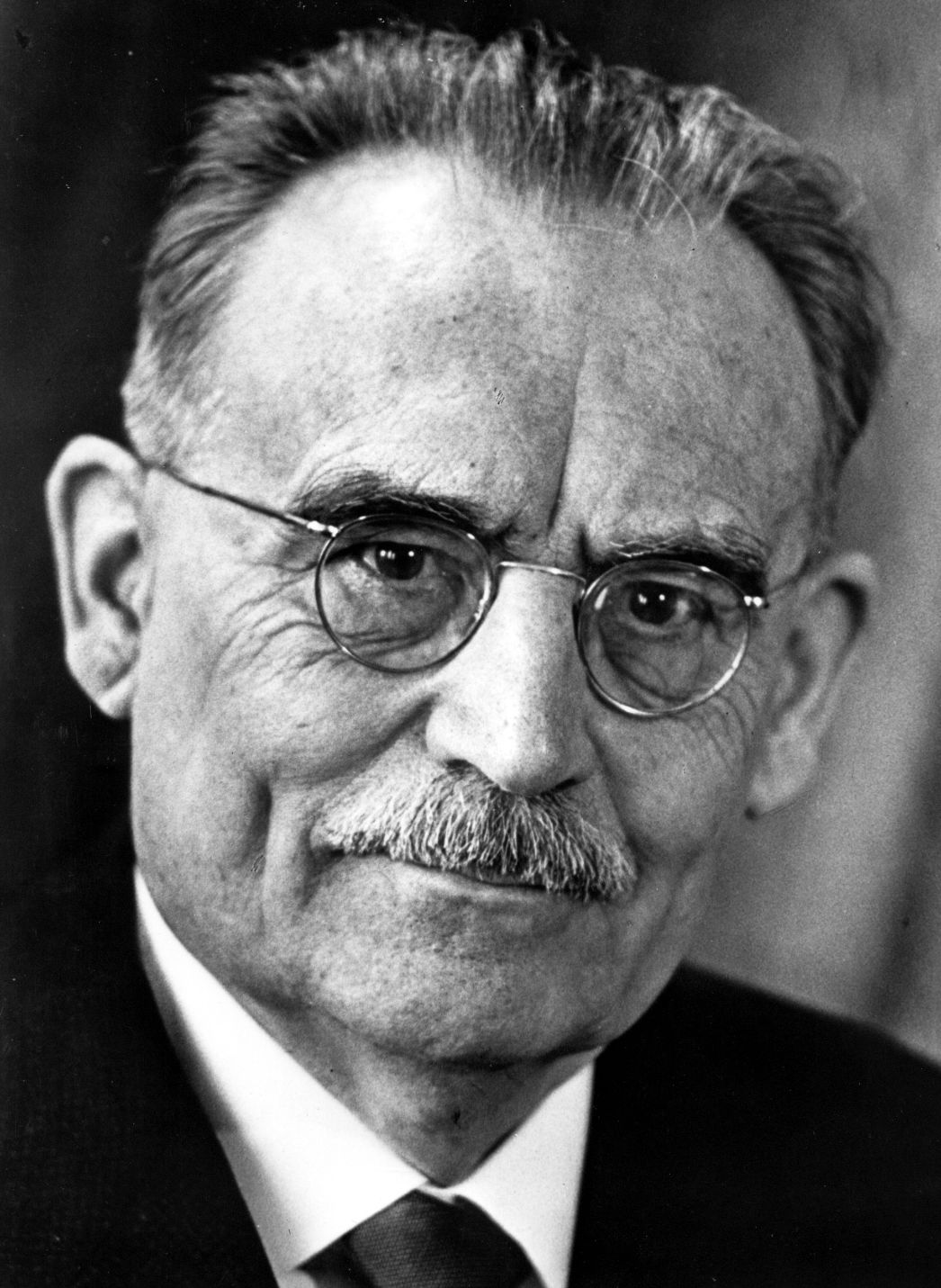Transcript
Narrator At the young age of 18, Willem Drees decided to become politically active: He joined the social democratic party of the Netherlands. Shortly after, the graduate of a commercial college founded his own stenographer’s office. During the following years, he mainly took minutes for debates of the second chamber of the Dutch parliament and in this way grew even more familiar with politics. Soon he assumed offices in the party. In 1939, the father of four finally rose to Chairman of the Sociaal Democratische Arbeiders Partij (SDAP) in the Dutch parliament.
In May 1940, the Germans occupied the Netherlands and Drees’s political career came to an abrupt halt. Between July and October of 1940, more than 350 Dutch were interned in the Buchenwald concentration camp, kept as hostages. The Nazis did this in response to the internment of Germans in the Dutch East Indies. Among the hostages were high-ranking civil servants, politicians and also Dutchmen on vacation from their work in Dutch-occupied India.
In Buchenwald, the Dutch stayed in a special area known as the “Golden Corner”. Willem Drees remembered:
Willem Drees “We lived in two barracks, which were surrounded by barbed wire, in addition to the barbed wire that already fenced in the camp.”
Narrator The hostages were not forced to work. They were able to receive parcels from the Red Cross and were generally treated better than the other inmates:
Willem Drees “Our SS guards were not allowed to hit us. Some SS were still getting used to there being such a ban in a concentration camp. [...] We lived our life with the gloomy backdrop of the misery of the other prisoners, for whom the Germans thought everything is permitted.”
Narrator The preferential conditions of their internment allowed the Dutch hostages to come up with educational and cultural programming for their group.
Willem Drees “At some point I told my youngest son, who was then a student at Rotterdam University, that I was in the lucky position to attend lectures he could not attend because three of his professors were being detained.”
Narrator Discussions about the political and social future of the Netherlands occurred regularly among the hostages.
Political groups formed that were not unlike the factions in parliament: There was a socialist group, led by Willem Drees; a Catholic group, led by former Minister of Justice Goseling; and a group of protestants led by Hendrik Tilanus.
Their differences aside, the political opponents of this time in Buchenwald agreed on one thing: The Netherlands would have a future only if, following liberation, all parties came together on a broad cooperative basis.
In November 1941, Willem Drees and his compatriots left Buchenwald – but without gaining their freedom: Most were taken to a hostage camp in the Netherlands, where they, including Drees, were detained until September 1944.
After the war Willem Drees was appointed Minister of Social Affairs in the Netherland’s first cabinet and then served as Prime Minister for more than ten years. Under his lead, the parliament passed many important reforms. Drees established health insurance and reliable pensions for all. Still today, he is remembered by many as Vadertje Drees for his efforts to build a welfare state.
Willem Drees died in May 1988, shortly before his 102nd birthday.


